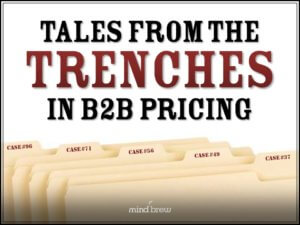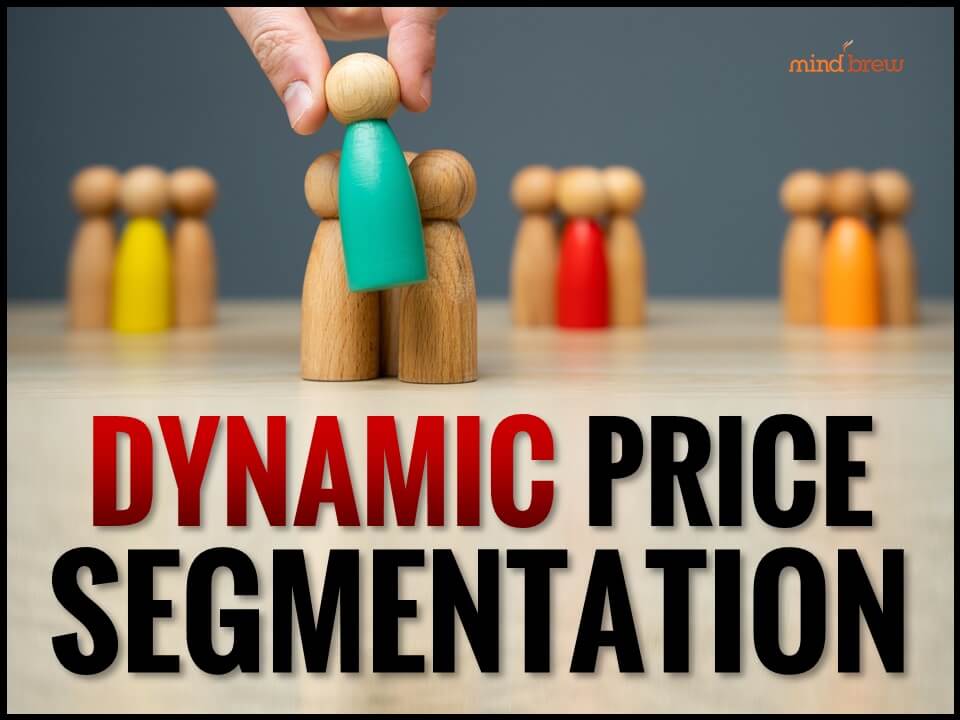If you’ve been paying attention to our publications, you know that we’re always beating the drum about the need to “sell” your salespeople on the differential value of your offerings. You know how we’re constantly droning on…and on…about how it’s not enough for your salespeople to simply know your value story; they actually have to believe it, too.
Recently, I had the opportunity to interview Peter Maniscalco about effective price management through indirect sales channels…
Peter is a Senior Manager of Pricing at a major IT products and services company and a veteran of the pricing profession, with more than 10 years’ experience as a both a practitioner and consultant. In the interview, we covered a lot of ground—assessing channel partners from a strategic perspective, incentivizing sales without undue revenue leakage, getting your arms around the various cost drivers, and much more.
Along the way, I came to realize that while effective training of your own salespeople as to your differential value is crucial, effective training of your channel partners’ salespeople may be even more important.
Because they have no alternatives, your own salespeople have an inherent incentive to really understand and internalize the critical value differences in your offerings. In other words, there’s a built-in “reason to believe” and “desire to advocate” that tends to work in your favor. Your salespeople will still need to be convinced, of course. But because they want to sell something, and have no other alternatives, they’re already leaning in your direction to a great extent.
In sharp contrast, however, your channel partners’ salespeople will likely have a number of different alternatives at the ready. After all, it’s usually their business to represent a variety of offerings from a variety of vendors. And unlike your own salespeople, in most cases, channel salespeople don’t have to sell your particular products in order to make sales.
Therefore, when your channel partners’ salespeople are even the slightest bit unclear or unconvinced of your offerings’ differential value and efficacy, they have very little incentive to shore-up their knowledge, ask for clarification, or even beat you up about missing the mark—no, they’ll just pitch something else from their lineup.
So, consider this another drumbeat. Not only do you have to sell your own salespeople, you have to sell your channel partners’ salespeople, too. And when doing the latter, you need to recognize the inherent differences in motivation that leave very little wiggle room for value training that is ineffective or unconvincing.














